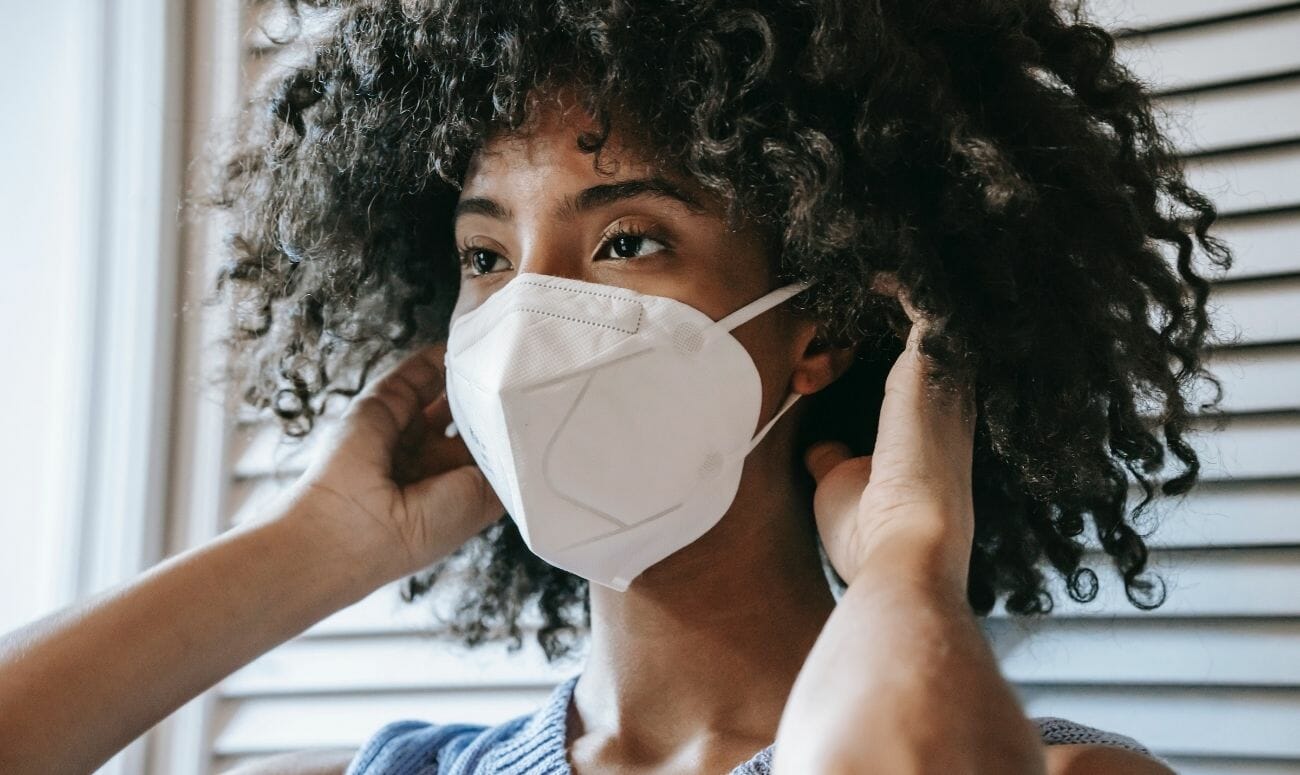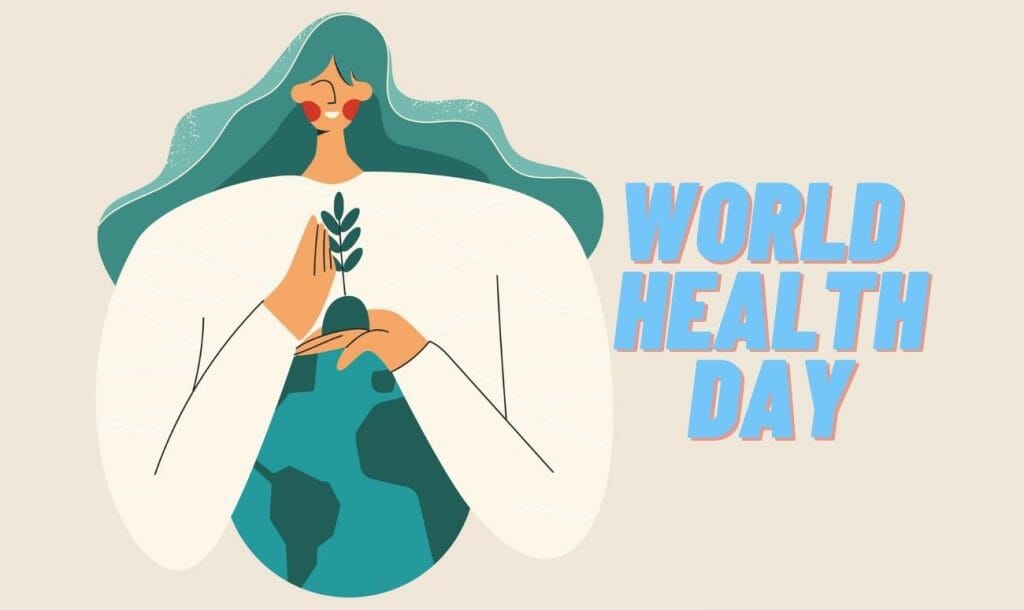Although the mind and body are physically separate, most people don’t realize that your body’s physical health is interconnected and cannot be separated from your body’s mental health. Your complete health includes the physical, mental and social aspects of your life. Good mental health positively affects your physical health while poor mental health has a negative effect. If your mental health is out of balance, you may experience high blood pressure, ulcers, chest pain, or other physical symptoms. And chronic conditions can increase the risk of developing a mental health condition like depression. The perceived disconnect between mind and body brings about the misconception that mental illness is not a physical disease but in reality, keeping physically fit means keeping mentally fit as well. But how does it work?
To function at our best, we need to understand how our bodies and minds work together or against each other to strengthen our ability to make positive choices for our health.
On World Health Day 2022, WHO has chosen to shine a global spotlight on urgent actions needed to keep humans and the planet healthy and foster a movement to create societies focused on well-being. We may often see news about extreme weather events, droughts, flooding, and impacts on agriculture and infrastructure but we fail to realize how all of this, especially the changing climate is affecting our mental and physical health. The Covid-19 pandemic has highlighted weaknesses in all areas of society proving the climate crisis the single biggest health threat facing humanity. Following natural disasters like these, psychologists have observed a rise in distress reactions in survivors like:
- Insomnia
- Irritability
- Increase substance abuse
- Depression
Experiencing a collective pandemic has pushed many to undergo such distress reactions inherently. And while these conditions can fade and heal with time, if not treated the right way, they can lead to trauma. More severe mental health issues like PTSD, depression and anxiety disorders may arise. The slow yet gradual change in the climate has also had a lasting impact on our physical and mental health, even though we may not realize it. A recent international study in The Lancet says that many more people will be exposed to extreme weather conditions over the next century, deeming it “a potentially catastrophic risk to human health” that could undo 50 years of global health gains.
How can climate change impact your health?
Mental Health
Extreme heat can increase mood and behavioural disorders in people with mental illnesses and in elderly people.
Major weather events like floods, wildfires, hurricanes, etc, are linked with depression, anxiety, post-traumatic stress disorder (PTSD), and substance abuse.
Lungs
Dust storms and wildfire smoke can increase inflammatory responses and exacerbate asthma.
Air pollution can contribute to onset and exacerbation of asthma, allergic rhinitis, atopic dermatitis, and contact dermatitis.

Heart & Blood
Air pollution exposure is linked to heart and blood vessel problems such as high blood pressure, heart attacks, cardiac arrhythmias, and ischemic smoke.
Air pollution exposure early in life can also increase risk for harmful cardiopulmonary effects in childhood.
Immunity & Allergy
Greenhouse gases increase pollen levels and spread.
Inhaling air pollutants may allow for allergen particles to get into your airways more easily and cause inflammation.
Poor air quality can increase your susceptibility to respiratory infections.
Germs & Spread of Infection
Longer warm seasons allow for more disease from infections spread by insects and rodents.
Heavy rains and storm runoff increase the spread of waterborne pathogens like Cholera, and Cryptosporidium, which can contaminate water and lead to intestinal problems such as diarrhoea.

What can you do to avoid health problems from climate change?
While solutions are in the words, prevention is better than cure and the best way to avoid climate-related health problems. These tips below can help you be prepared when disaster strikes.
Always have an emergency plan and a kit ready. Keep contact numbers, equipment, medications and emergency food and water in place for times like these.
Regularly check climate events in your area by checking local alerts for storm, heat and high air pollution. Your phone’s weather app can also guide you regarding the weather for the coming week, helping you prepare accordingly.
During extreme heat:
Each spring, check your house fans, air conditioners, and other coolers and cooling equipment to make sure they’re working properly.
If you work an outdoor job or have a job that physically exerts you, ensure that you’re taking frequent breaks and drinking enough water to keep your body hydrated. Encourage your employer to develop a heat response plan for your company.
During air pollution and wildfires:
Avoid exercising outdoors during high air pollution days or during wildfires.
When outdoor air pollution levels are high, try and stay indoors as much as you can with the doors and windows closed.
If you absolutely have to step out, ensure that you’re wearing a mask at all times.
Consider an indoor air cleaner with a high-efficiency particulate air (HEPA) filter to ensure the air quality in your home is healthy for you as well as your children.
A few other ways that you can get involved in the climate change movement is by becoming a part of various environmental causes because it can give you some agency in the face of a large threat. But don’t let the overwhelm consume you. While the threat is absolutely real, having balance and multiple roles can be a source of resilience. Even if you’re a big part of the climate change movement, don’t ignore other responsibilities that nurture your mind and body like spending time with family, making sure you’re gardening or getting involved in hobbies that bring you joy.
Read more: 5 Strategies To Build Self-Confidence In Women
Like & Follow ThinkRight.me on Facebook, Instagram, Twitter, and Telegram to stay connected.






























